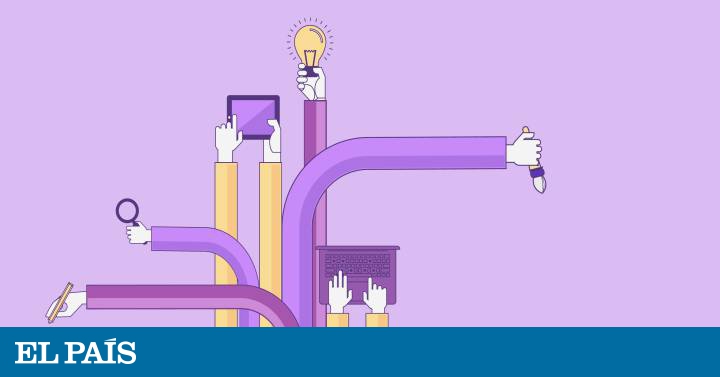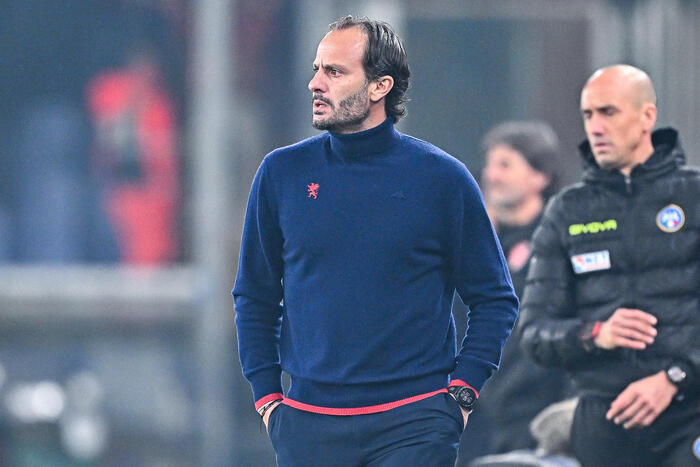We are encouraged to dream, to seek goals, and to orient ourselves towards what we want.
Sometimes the problem is that we don't know what we want.
It is what I have observed in many people, even in myself.
The doubt appears when we finish a stage, such as finishing some studies or finishing a job.
It also arises when we are tired of a certain situation, when we have to reinvent ourselves due to circumstances or when we are faced with a failure or setback.
Knowing what we want is not always easy
, no matter how much we read that we must fight for our dreams or that we are asked to visualize how we will be in the next three or five years.
However, we have to recognize that it is easier to get our decisions right when we have at least a little orientation about where to go.
A small exercise of reflection can help us to recover dreams and define objectives that excite us.
Let's see some practical tips.
more posts from this blog
Reset your mind
Seven ways to argue.
What is yours?
How to make insecurity the key to success
First,
we must not confuse our dreams with fantasies
. A dream is a project that excites us, such as studying something new, buying a car or having a child. It can be more or less ambitious, but it pushes us to strive to achieve it. However, a fantasy is something that lives in our mind, that we like to imagine but that, deep down, we know that we are never going to put much energy into achieving it. It's like our little inner corner, a kind of delight. We like it to be there, it accompanies us and, when it comes wrong, we take refuge in it, but internally, not a single ounce of intention moves us. Going around the world, living in the paradise islands of the Pacific or becoming a film director in Hollywood could be some examples.
Learning to differentiate dreams from fantasies makes us honest with ourselves and relieves us of the pressure to achieve the latter, which, we insist, we do not need. The mere fact of thinking about them already makes them fulfill their function. When we don't know what we want, or we don't have a clear dream, we can do several things. On the one hand,
we can recover dreams from the past as inspiration
. Adolescence is a very fruitful time for ideas. It would be worth remembering what we liked or what excited us. The goal is not to fulfill your dreams to the letter. They may have become a little out of date in time or simply impossible to reach, as if we wanted to be astronauts and now we are 40 years old.
Old dreams act like lighthouses, they are not navigation charts, hence the importance of recovering them
. Returning to the previous example of the astronaut, we obtain information about ourselves. With this simple exercise we remember that we liked to enjoy adventure or the pleasure of studying the stars. In this way, we can enroll in an astronomy course, buy a telescope or access NASA resources to learn more about it. And what did you like to do when you were younger? What can you get out of it?
Another way to orient ourselves is to
think about what we don't want
.
This exercise may not be as mobilizing as imagining yourself in the future, but it is a valid step.
What do I want to stop doing?
It can be in a personal or professional capacity, such as avoiding getting angry about anything, not continuing in this job, or maintaining a friendship.
When we are in deep doubt about what to do or what our dreams are, we have another option: to
reflect on who we would like to look like, even if it is a fictional character
.
Once again, it acts as a beacon, but it gives us clues about ourselves again.
With this exercise we can draw conclusions that help us to land in reality and set specific objectives.
Pilar Jericó
is an entrepreneur, writer, lecturer, PhD in Business Organization and disseminator of research on human behavior. www.pilarjerico.com















